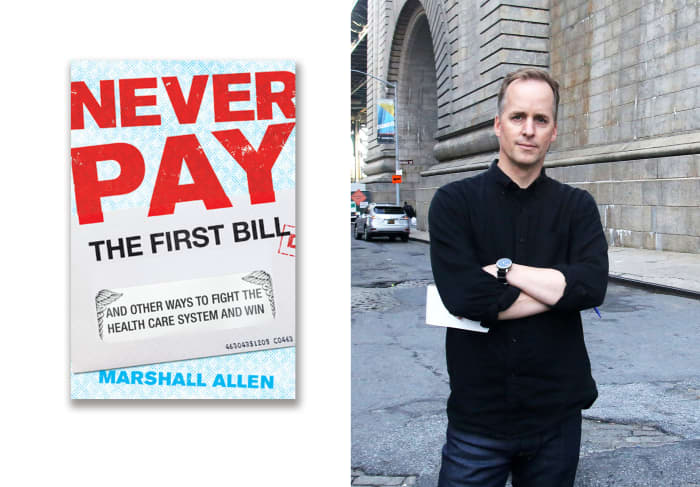The American epidemic of unnecessary medical treatment is one of the reasons your healthcare costs keep going up. Experts estimate it’s wasting hundreds of billions of dollars a year.
But you can fight back with this one simple question: “What happens if I don’t do anything?”
This is my favorite of the five key questions from Choosing Wisely, a campaign by clinicians to promote evidence-based medicine and reduce overtreatment. It can help ensure you get the tests, procedures and medications you need – and avoid the ones you don’t.
Of course, if you’re undergoing emergency treatment or something urgent, there may not be time to make sure everything they’re doing is necessary. But that’s not true in most cases. So any strategy to lower your healthcare costs needs to address how your money gets thrown away on things you don’t need. Every medical procedure or drug comes with physical risks, especially when it’s unnecessary.
For example, many women still get annual cervical cancer testing when it’s recommended to be done every three to five years. Healthy patients are often subjected to a battery of unnecessary lab work before elective operations. Surgeons perform spine operations when some patients might be better off with physical therapy. A 2018 report in the state of Washington found that more than 1 million patients had received unnecessary tests, procedures and treatments at an estimated cost of $ 341 million.
Many studies highlight factors that contribute to the problem. Doctors who take money from pharmaceutical companies are more likely to prescribe the pricey brand-name drugs manufactured by those same companies. Research has also shown that doctors who purchase magnetic resonance imaging (MRI) machines ordered substantially more MRIs for their patients.
It’s hard to question your doctors when they are pressing a course of treatment. But these are conversations you should be demanding. You are the customer, so you have every right to assert yourself. Plus you will get stuck with the bill.
That means your time for action is now. You must prepare in advance so you can ask the right questions. If your doctor or other clinician is recommending a test or drug or procedure that’s discretionary – you may need it, or you may not – it’s time to step back and discuss your options.
Asking what happens if you don’t undergo a recommended test or treatment may be the most important question to protect us from a host of financial and physical problems that can come with unnecessary treatment. The question crystallizes the conversation. It requires a doctor to lay out the risk of not taking action so we can compare it with the risk and expense of taking action.

Portfolio
If there’s no serious risk involved in waiting, you can take your time and research the best care for your ailment. You can get a second opinion and learn about your options from Google Scholar or MedlinePlus.gov, a wealth of medical information published by the U.S. National Library of Medicine. You can check the recommendations of the U.S. Preventive Services Task Force, which produces independent, evidence-based guidelines.
You then can ask your doctor about the chances that the treatment will work – and what are the risks. You could also ask about simpler or less expensive options. My friend Jeff was told by his surgeon that he could be paralyzed if he didn’t undergo an emergency surgery to address his back pain. Jeff instead went to six physical therapy appointments, did exercises at home, changed his diet and reduced the intensity of his exercise – and his back pain went away. He now shakes his head at how close he came to a pricey and risky operation that was entirely unnecessary.
If the doctor can make a clear case for why you need the proposed treatment now – perhaps you’ll infect someone else, or there’s a strong chance your condition will worsen to the point that it will become an emergency – then you can proceed, knowing you’ve considered the option of waiting.
Asking “what happens if we wait?” won’t prevent you from getting the treatment you need. But it could protect you from getting medical treatment you don’t need. Avoiding unnecessary care won’t just protect your bank account. It may also protect you from additional health problems caused by medical errors or complications related to medical care.
Marshall Allen is the author of “Never Pay the First Bill: And Other Ways to Fight the Health Care System and Win.” Follow him on Twitter @marshall_allen.
Now read: 5 questions to ask your doctor that can help protect yourself and your family
And: Here’s why local hospitals, not insurance companies, are to blame for exploding healthcare costs
Plus: The U.S. can slash healthcare costs 75% with 2 fundamental changes — and without ‘Medicare for All’
